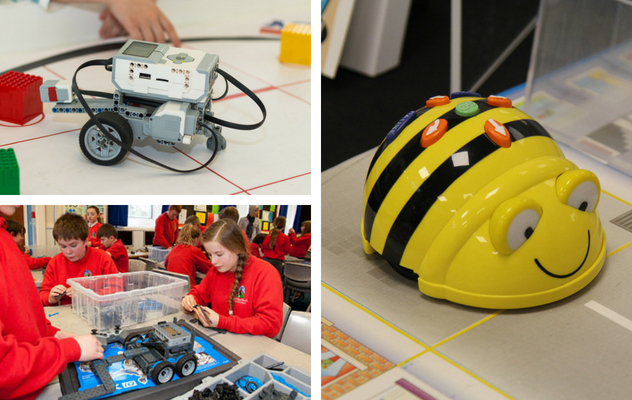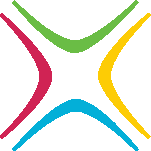
I carried out a survey of computing teachers in special schools and similar settings in Autumn 2017 to find out the current picture of computing education for students with special educational needs and disabilities (SEND).
I was also keen to find out if there were some common strategies and resources being used to teach learners with SEND that might help other teachers approach the subject with greater confidence and success.
The good news is that 66% of respondents felt confident teaching the computing curriculum, although there are still a number of schools teaching ICT rather the 2014 curriculum.
The barriers to teaching the subject are very similar to mainstream schools, for example lack of confidence and subject knowledge, technical problems and lack of time. The majority of teachers, however, cited the lack of SEND specific resources as the main barrier.
An anticipated outcome of this research is the collation of materials suitable for SEND learners of computing, plus effective strategies for teaching programming and computational thinking to a range of students. The majority of teachers who completed the survey are using unplugged, practical activities with links to maths, literacy and other subject areas to teach computational thinking.
Computational thinking skills seem to offer a way of talking about and structuring problems for learners with learning difficulties in relevant ways, and more research would be useful in this area.
The study has also found that physical computing is extremely engaging and more accessible to learners compared to other programming environments. The Bee-Bot remains a favourite for introducing programming in special schools, but there are a number of other exciting new products such as Cubetto, Sphero and the Code-a-pillar that were also mentioned as effective in the survey.
Want to find out more?
I will be talking more about the results of the survey and my research into the relevance of computational thinking for SEND learners at the SEND Computing Conference on 18 May 2018.
There will also be some excellent practical workshops on unplugged activities and the physical computing alternatives available. It is ideal for teachers working in special schools, but anyone working with pupils with special educational needs and disabilities working at primary level or below will find this conference an essential source of professional development.

